To tell or not to tell, that is the question. Tell? What is that? We are writers, we only show… so says rule 1 of intro to writing. Bollocks! (here, I am showing that I disagree with this rule; the use of a British term is employed to make me seem cleverer than I actually am).
There’s this thing called introspection. It’s employed a lot in first person narratives. A lot in YA. It lets you get closer to the character, gives you insight into the character. Ideally, very good things. It’s telling dressed up in the fancy clothes of voice.
I like introspection. You can make things very clear for the reader with introspection. We want things to be clear for the reader. We do not want them to be confused.
We also do not want them to be bored… already, these few sentences are drying my eyes and tempting me to pull up some internet uselessness to distract myself.
So you cut introspection. You rely on action, dialogue, maybe a tad bit of internal pondering. This amplifies pace. YAY! Always be pacing!
But now you’ve got confusion. I don’t understand this character’s reactions, motivations. BOO!
For TALKER 25, some of the reviews have thought that my MC’s reactions are overly dramatic. Early on, she has an argument with her father (getting fairly volatile on her part) and humiliates her brother in public (and immediately breaks down afterward)… yes, very dramatic. But over dramatic?
*MINOR SPOILER ALERT* In context, MC has just discovered that she can talk to dragons and is under investigation by the dragon version of the FBI for being associated with an insurgency group that decapitates soldiers. She’s also thinking more about her dead mother, who loved dragons despite being killed by one. MC is on edge.
As a writer, I could tell you she’s on edge. I could introspect the hell out of her emotions (and I did to some extent in earlier versions), but that would slow pacing… and here’s the bigger thing, the trickier thing that I sometimes fail to realize (but my editor never does, thank her critical eye):
We, as humans, are not as self-aware as we’d like to think we are. Our emotions ebb and flow with the world around us. Normally that world is calm, but when it’s agitated, we become agitated. We can’t pinpoint the reason(s) why… if we can meditate on it, we may introspect and pinpoint it, but usually we’re bustling around, not thinking about why we’re feeling agitated. We got shit to do, so we just react. We agitate. Usually we agitate and settle back to the norm, but in stories, writers like to amplify, hit resonance, and throw their characters toward hell, if not all the way into it.
But take out too many threads of introspection and your readers might be confused. They might not empathize/sympathize with your MC. And that’s hella bad. Figuring out the balance of information, pace, and truth is a lifelong quest. On that quest, you’ve gotta come to grips with the truth that what you write will be read differently by everybody (I’m currently grappling with this snarly dragon).
Personally, I think my MC is a very real character exposed to extraordinary circumstances, a damaged character who wants to do the right thing but doesn’t always know what that is… but that’s me telling…
Whether I showed it, whether my characters are overdramatic or dull, whether my backstory’s too little or just right, that’s up to the reader. That’s the quandary of subtext.
__________________________________________________

Joshua McCune is the author of the Talker 25 trilogy (Greenwillow). Dragons, war, romance (though not with dragons – I don’t do bestiality). Now available. For more info, visit www.joshua-mccune.com or www.kissing-dragons.com


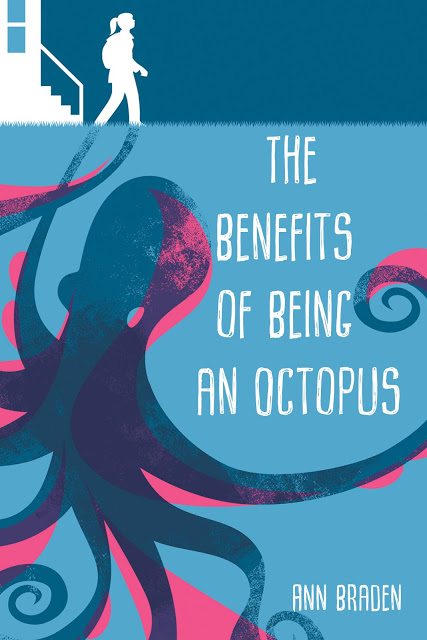








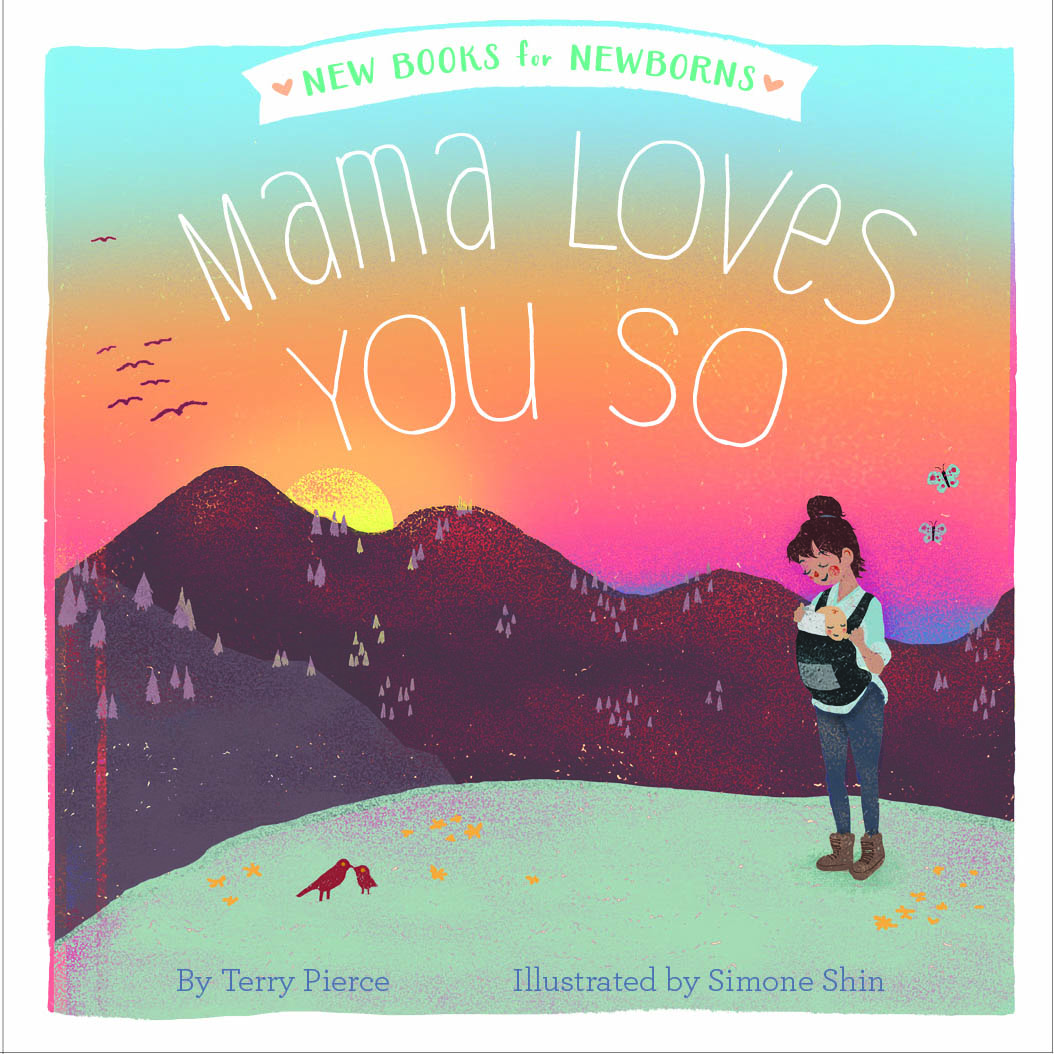
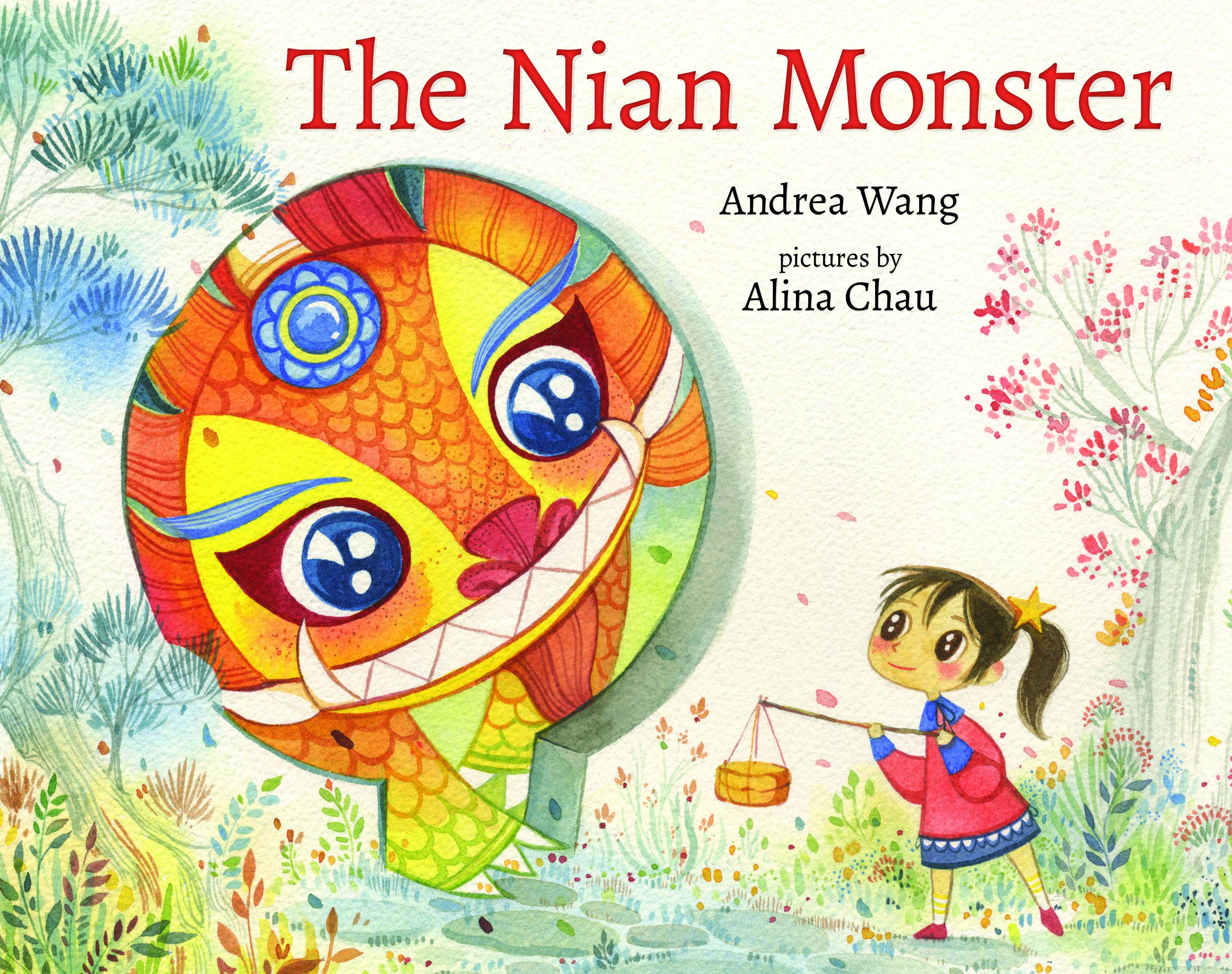
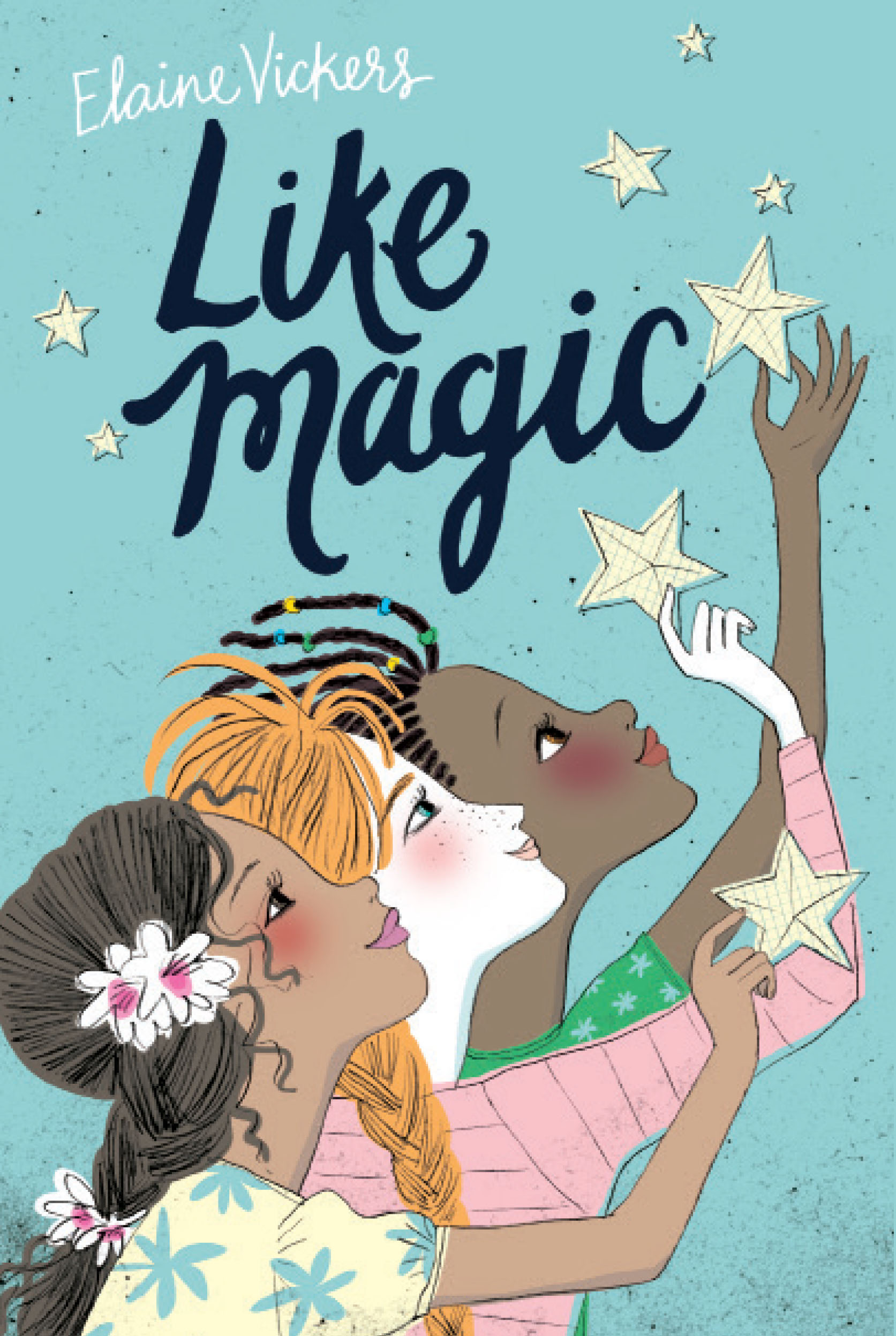
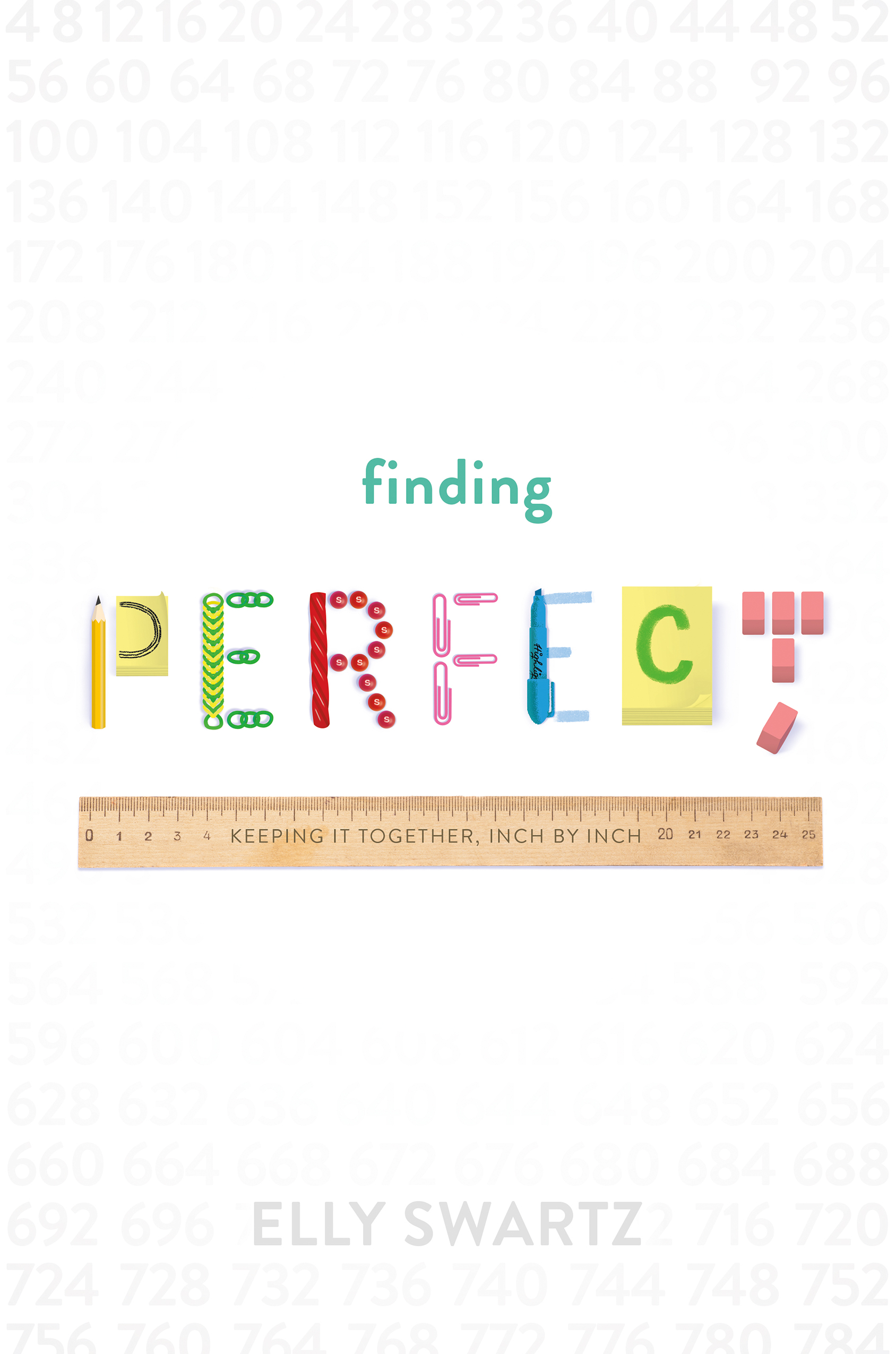
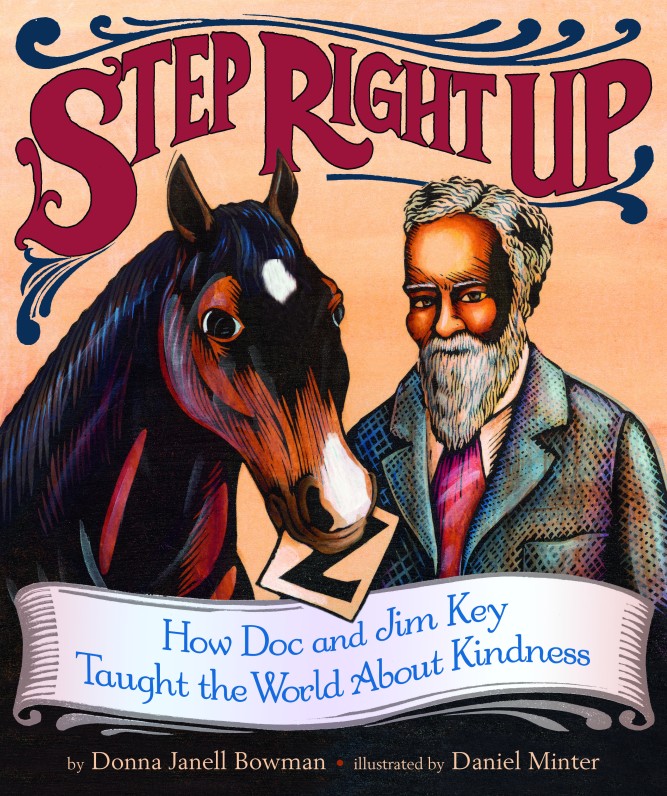
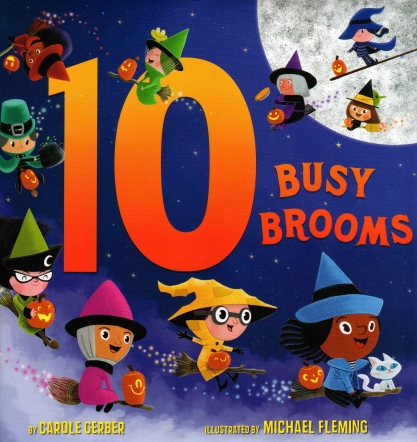

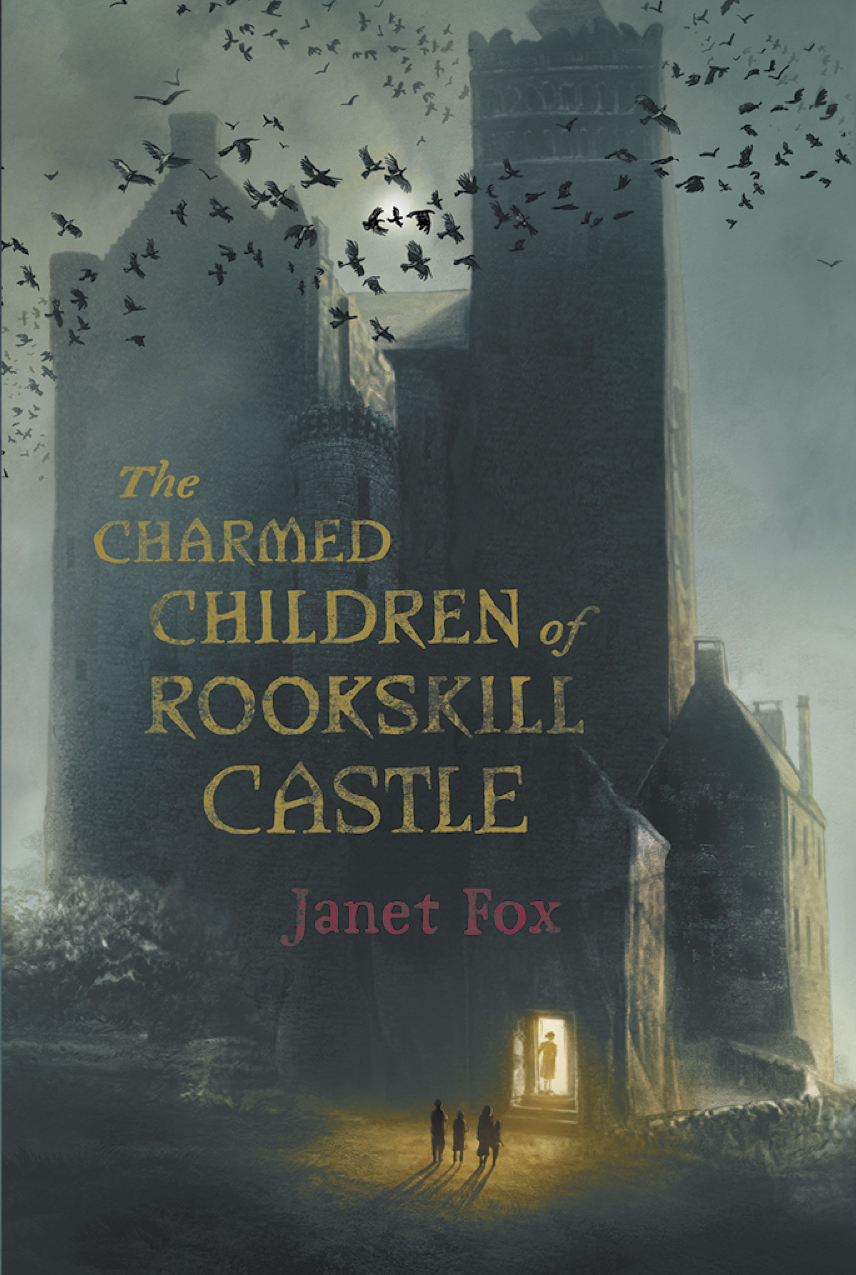
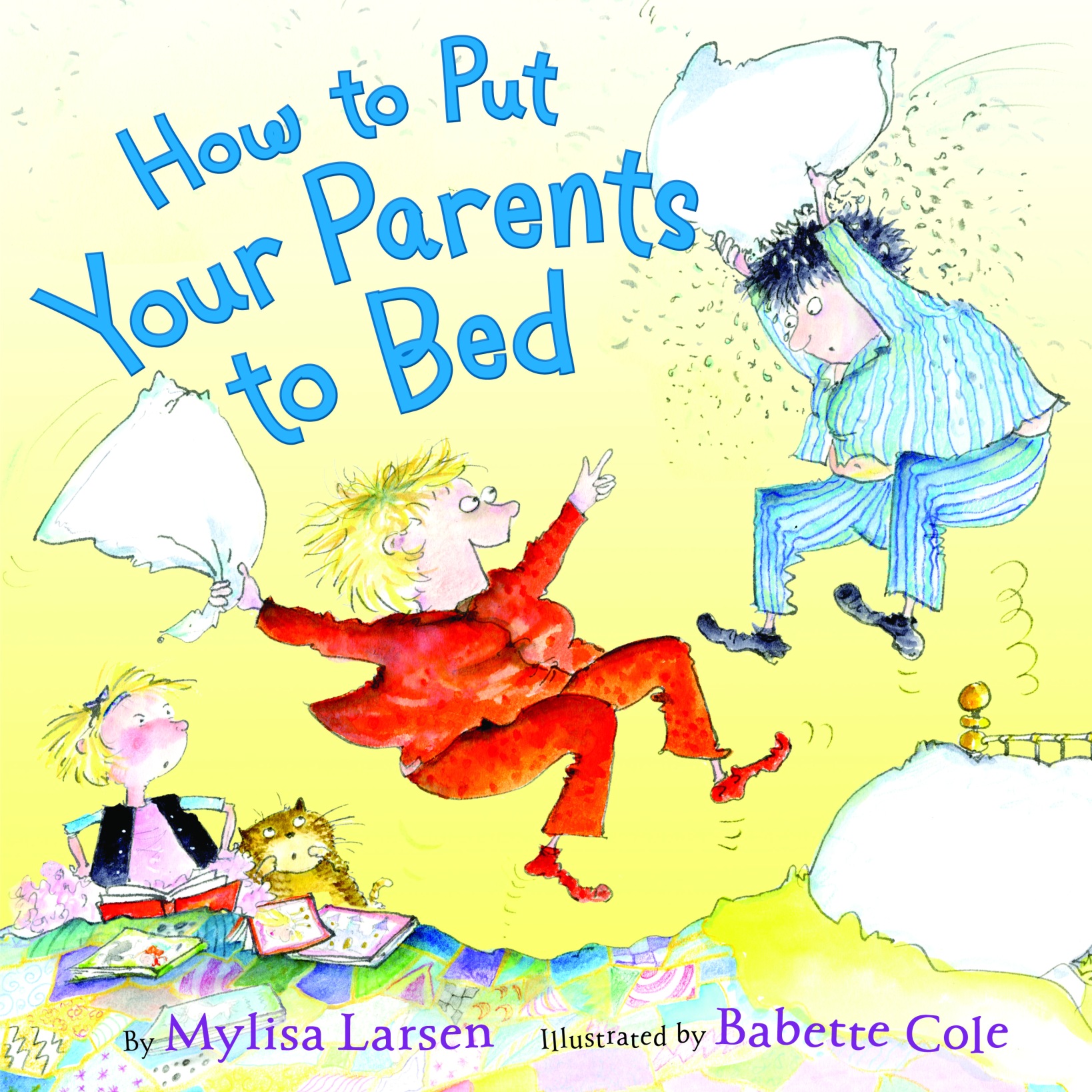



Josh, I think you did it just right. She’s not just agitated, she’s a teenage girl. Yes, she can be dramatic… Most teenagers tend to be a but self-centered. It’s developmentally appropriate. Likewise, teenagers don’t always possess the best judgement or self-control. Brain science shows that these skills come later. I think these qualities just add to your character’s believability. Well done, sir! You are indeed cleverer than I. 🙂
LikeLike
I’m still working on those skills myself. Every day. Lol
LikeLike
You and me both!
LikeLike
In my current WIP, I have two POV characters. One is fairly introspective. The other doesn’t introspect at all. I find the introspective one easier to write. Using actions to show emotion, that takes effort.
Looking forward to reading Talker 25!
LikeLike
A.W., writing in two POVs is a whole ‘nother can of worms… separating voice, distinguishing personality… that takes effort =D… your introspection/non-introspection approach is a great way to deal with that.
LikeLike
I want to smack whoever came up with that show don’t tell thing with club. This is a good discussion of the need for both, for balance. Thanks, Josh.
LikeLike
A spiked club…poison-tipped.
LikeLike
I loved the book and felt you hit the perfect balance. The pacing was spot on! Never boring. Yep! Perfect balance!
LikeLike
Thanks, Penny!
LikeLike
Josh, you’re so right–getting the balance right can be so tough. Thanks for this post (which has just the right amount of introspection for me).
LikeLike
Thanks, Tara!
LikeLike
“We, as humans, are not as self-aware as we’d like to think we are.” Truth. Figuring out when to tell and when to show is hair-tearingly difficult. It really is tough to figure out where the boundary lines are, sometimes. When is it pure navel-gazing, and when is it necessary for the story? When does it reveal something important to the audience, and when does it insult their intelligence? (And you’re right about becoming agitated when others are agitated – it reminds me of what we learned, in my teaching program, about how hard it is to resist rising to the bait when teenagers act like – well – teenagers, because the mirror neurons totally go nuts. http://www.brainfacts.org/brain-basics/neuroanatomy/articles/2008/mirror-neurons/)
LikeLike
Oooh, Megan, I love this article… thanks for pointing me to it!
LikeLike
Josh, Excellent thinking in this post. Really. This one’s a keeper. And as usual, you’ve said it in a way that is smart and funny. Like you.
LikeLike